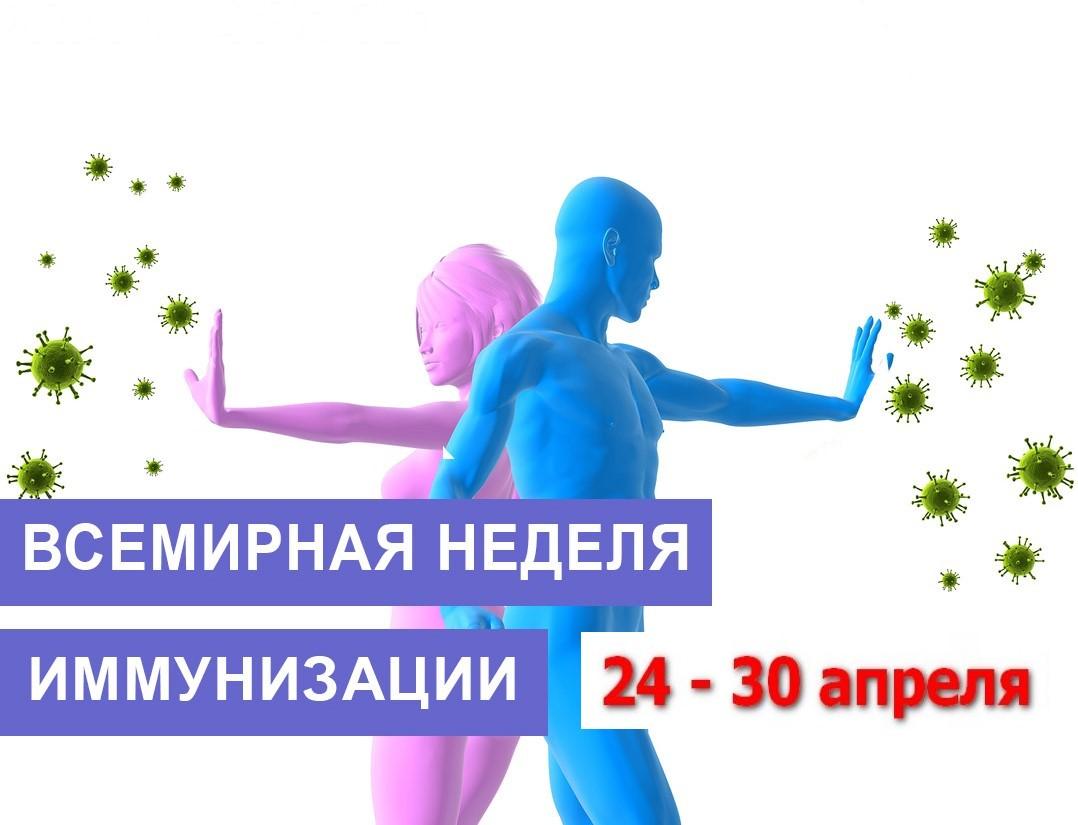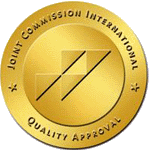World Immunization Week

During the last week of April, April 24 to 30, immunization week takes place every year around the world. Vaccination is one of the greatest achievements of public health. It is globally recognized as the most effective, cost-effective and affordable way to fight infections.
The slogan of the 2023 World Immunization Week is: “Massive catch-up immunization!”
The goal of the annual immunization week is to raise public awareness on the importance of immunoprophylaxis for people’s health and well-being.
WHAT IS IMMUNIZATION: THE ESSENCE, GOALS, AND RULES
What is immunization and why is it done?
Immunization is a process that aims to make a person immune to common infections and to give the body the ability to resist the effects of infectious agents. Vaccination formulas approved by the World Health Organization as well as the Ministry of Health are used to vaccinate the population.
Essence of immunization is the introduction of a vaccine into the body in the form of weakened or dead germs in order to provoke an immune response. Faced with weakened pathogenic microflora, the body begins to actively produce antibodies, which later will play the role of a protective shield when faced with pathogens in real life.
Types of immunizations:
Active immunization involves the introduction of an antigen in the form of live, weakened or dead pathogens, designed to stimulate a response from the immune system. The result in the form of a sufficient number of antibodies produced by the human immune system appears only after 2 weeks. However, the effect of active immunization lasts long enough: from 1 year to several decades.
Passive immunization is the administration of ready-made antibodies to certain infectious agents. This type of immunization has an almost immediate effect, so it can be used in cases where the disease has already developed. Despite the fast result, the effect of passive immunization is short-lived. It lasts for 1 to 6 weeks. Therefore, the active method is used if long-term protection is needed.
Rules
Immunization is a serious enough undertaking that it cannot be carried out simply, the following requirements must be met
1) observance of age criteria in the immunization process;
2) procedure should be carried out only after an examination by a doctor;
3) observance of the storage rules of medicine used in the immunization process;
4) observance of the rules of preparation of the medicine for the vaccination.
How long does it take for the body to become immune to the infection as a result of the immunization?
It depends on what kind of medicine was used by the specialist and for what purpose. If a vaccine was used, immunity to the infection will appear after a couple of weeks and will last for years.
If a serum was used, immunity will appear immediately after injection, since the preparation contains ready-made antibodies.
However, the result will only last for the next 6 weeks. After this period, the immune system will lose its ability to resist the pathological microflora.
Currently, the National Immunization Calendar provides immunizations against 12 infectious diseases: viral hepatitis B; tuberculosis; whooping cough; diphtheria; tetanus; polio; Haemophilus influenzae type b (HIB infection); measles; epidemic parotitis; rubella; pneumococcal infection; influenza.
Remember! Vaccination is an essential tool in the fight against infections. It is a major factor in reducing the global burden of infectious diseases!




